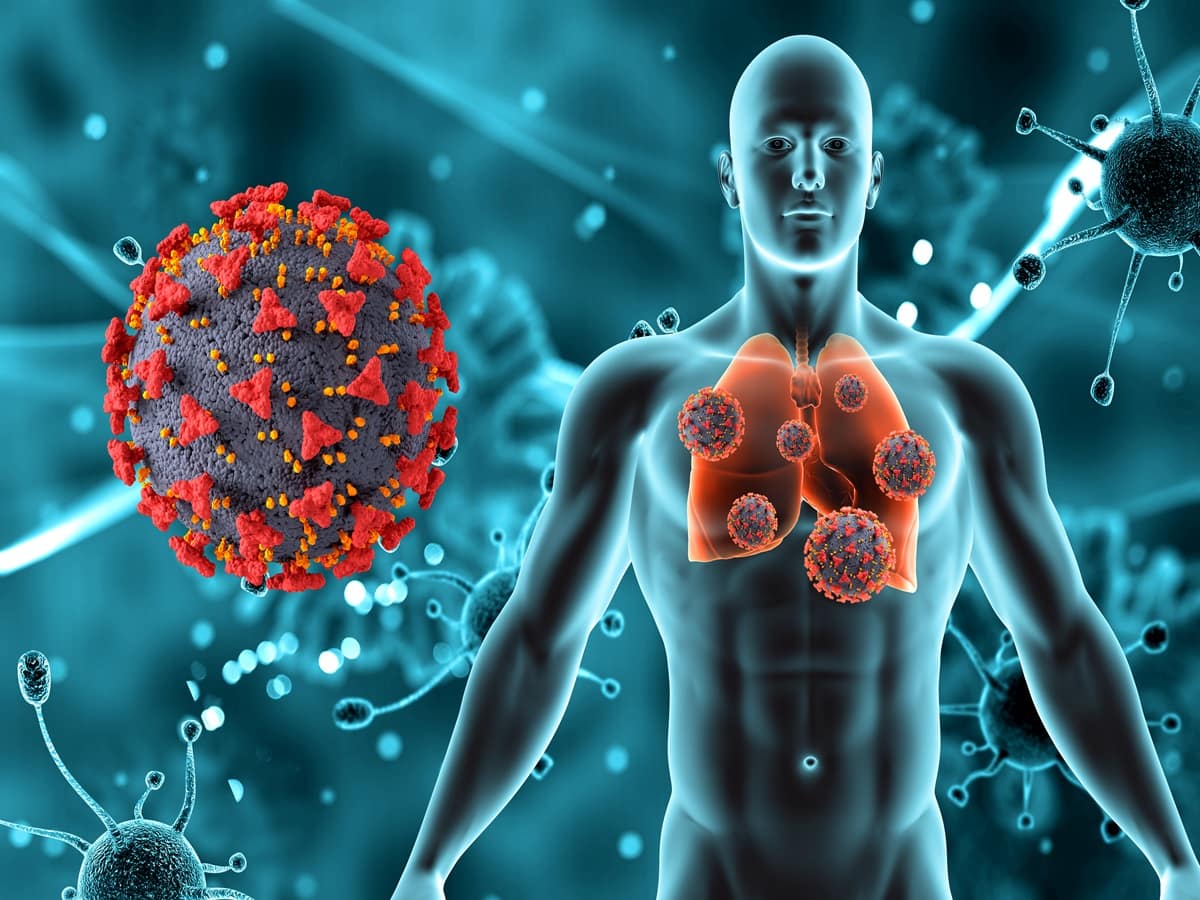Share this @internewscast.com

The groundbreaking research sheds new light on viral infections affecting the heart, challenging traditional perspectives and opening doors to innovative diagnostic and therapeutic strategies.
In a groundbreaking revelation, scientists at the Fralin Biomedical Research Institute uncover a new dimension to viral infections impacting the heart, potentially revolutionizing diagnostic and treatment paradigms. Myocarditis has been the focal point in discussions surrounding viral-induced heart conditions. However, a recent study led by James Smyth, Associate Professor at the institute, illuminates a previously overlooked aspect: the virus itself instigates perilous cardiac disruptions even before inflammation occurs. This paradigm shift, documented in the forthcoming issue of Circulation Research, marks a significant departure from conventional wisdom. With up to 42 percent of sudden cardiac deaths in young adults attributed to myocarditis and viral infections being the leading cause, the newfound insight holds immense clinical significance. By unraveling the molecular intricacies of viral intrusion into the heart’s communication and electrical systems, researchers aspire to forge novel diagnostic and therapeutic avenues, potentially safeguarding countless lives from sudden cardiac complications.
Virus-induced Heart Conditions
Traditionally, myocarditis, characterized by heart inflammation, has been the primary concern in viral heart infections. However, a study led by James Smyth offers a paradigm shift, elucidating that viruses initiate detrimental cardiac conditions before inflammation ensues.
Adenovirus And Heart Disruption
Focused on adenovirus, a frequent contributor to cardiac infections, researchers employed Mouse Adenovirus Type-3 to simulate human infection. Their findings unveil that early viral intrusion disrupts vital components of the heart’s communication and electrical systems.
Disrupted Heart Communication
Before inflammation manifests, adenoviral infection compromises the heart’s gap junctions and ion channels, crucial for cell communication and electrical balance. This disruption predisposes the heart to arrhythmias, jeopardizing its mechanical function and increasing the risk of sudden cardiac issues.
Targeting Molecular Heart Changes
By pinpointing specific molecular alterations induced by viral infections, researchers aim to mitigate cardiac risks in individuals grappling with viral illnesses. This approach targets underlying molecular disruptions, potentially averting severe cardiac complications.
Molecular Insights Over Imaging
While conventional imaging techniques may overlook cardiac abnormalities in acute infections, molecular-level analysis reveals hidden dangers. This deeper understanding prompts the exploration of blood biomarkers, facilitating early detection of high-risk individuals through simple diagnostic tests.
Future Directions: Advancing Diagnostic Frontiers
With the newfound insights, researchers envision collaborative efforts to develop diagnostic tools capable of identifying individuals prone to arrhythmias. By harnessing molecular signatures in blood samples, clinicians could predict and prevent severe cardiac complications in viral infections.
Conclusion
By elucidating the virus-induced disruptions in the heart’s communication and electrical systems, the study pioneers a paradigm shift in our understanding of myocarditis and associated cardiac complications. This newfound insight holds immense clinical significance, particularly in light of the high incidence of sudden cardiac deaths linked to viral infections. Moving forward, leveraging these molecular insights may enable healthcare professionals to identify individuals at heightened risk of arrhythmias and implement timely interventions to mitigate adverse cardiac outcomes. As research continues to unravel the intricate mechanisms underlying viral-induced heart conditions, the prospects for improved diagnostics and targeted treatments offer hope for enhanced patient care and outcomes in the realm of cardiovascular health.















